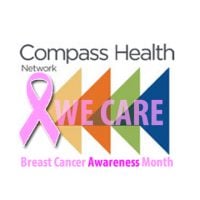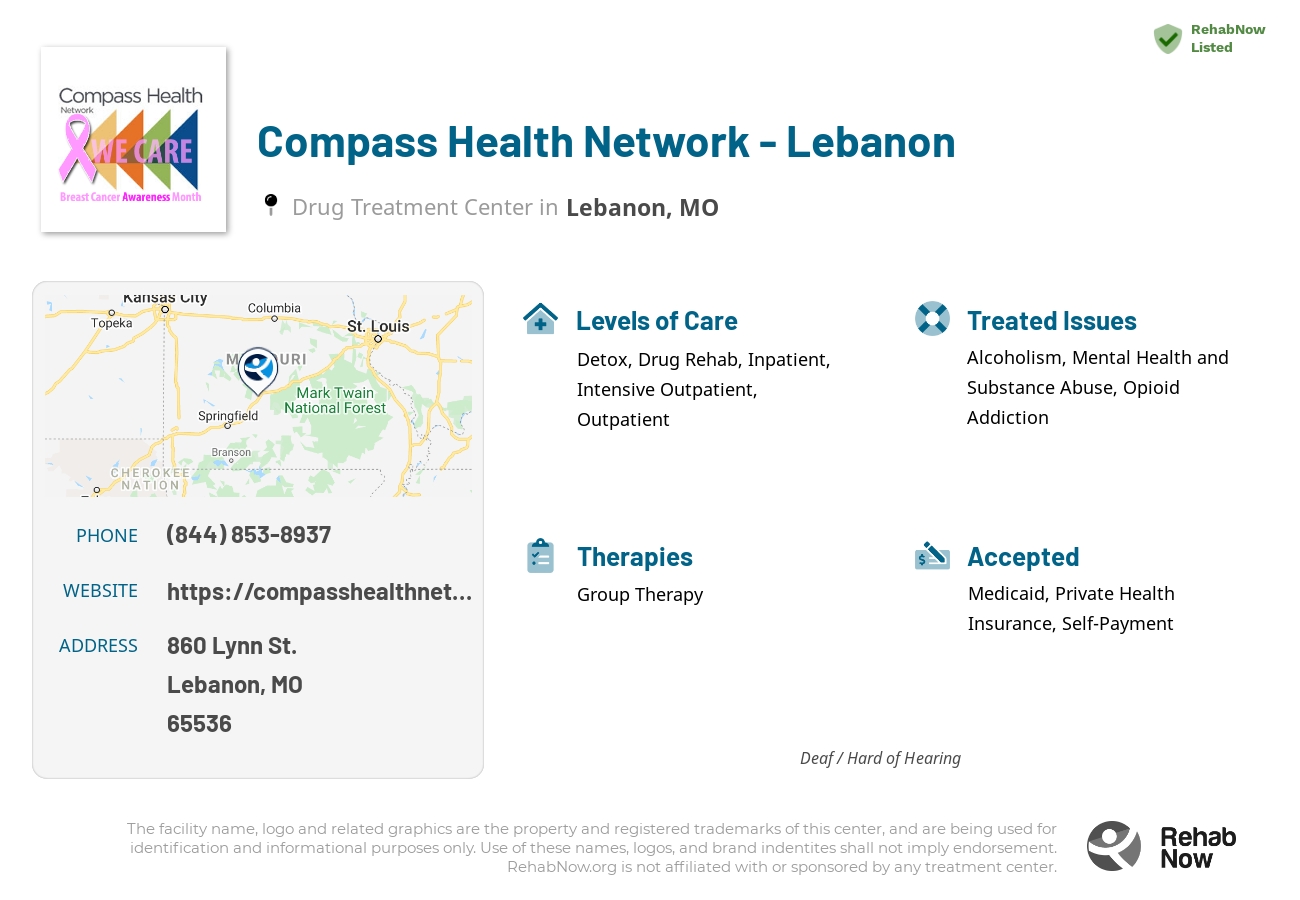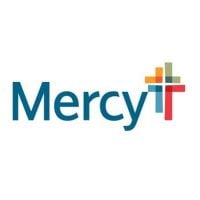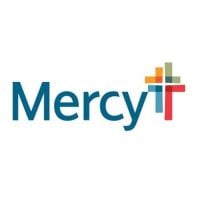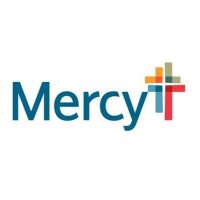About Compass Health Network - Lebanon in Missouri
Compass Health Network – Lebanon, situated in Lebanon, Missouri, is a distinguished private rehab facility focusing on the treatment of alcoholism, drug addiction, mental health, substance abuse, and opioid addiction. It stands out for its integrated approach to care, emphasizing both physical and emotional health recovery.
Accredited by CARF, JCAHO, and holding a State License, Compass Health Network – Lebanon is committed to the highest standards of ethical and professional care. Their comprehensive services cater to individuals and families, offering a path to recovery through innovative and personalized treatment plans.
- Integrated Care Approach: Offers a unique blend of services for mental health issues and substance abuse, treating the whole person rather than just the symptoms.
- Evidence-Based Practices: Utilizes proven methods like dialectical behavioral therapy, motivational interviewing, and trauma therapy to ensure effective treatment.
- Comprehensive Support Services: Provides a wide range of services including detox, inpatient, intensive outpatient, and aftercare support, catering to individual needs.
Compass Health Network – Lebanon specializes in treating a variety of addictions and issues, including drug and opioid addiction, alcohol abuse, anxiety, depression, personality disorders, and phobias. Treatment methods encompass a broad spectrum of care levels, from detoxification to aftercare, employing evidence-based practices to support recovery.
Genders
Ages
Modality
Additional
Accreditations
State License

JCAHO

CARF
The Commission on Accreditation of Rehabilitation Facilities (CARF) is a non-profit organization that specifically accredits rehab organizations. Founded in 1966, CARF's, mission is to help service providers like rehab facilities maintain high standards of care.
Conditions and Issues Treated
It’s not easy getting sober on one’s own, or even going to rehab and escaping the grasp of addiction by oneself. Substance abuse treatment gives addicts a place to stay sober while learning what it takes to quit for good. They will learn from others about what works and what doesn’t work with remaining drug-free.
Treatment centers such as Compass Health Network - Lebanon focus on the needs of individual addicts to heal them. There is a combination of physical and mental therapies that treat the root cause of the addiction, whether it be family problems, stress, or past traumatic events.
The final benefit of substance abuse treatment is introducing new people who can help in your recovery after you leave Compass Health Network - Lebanon. Through group therapy sessions with other addicts and attending support meetings once a day, a person will learn how to interact with others and cope with cravings. This is a chance for you to rebuild your social circle healthily after you leave treatment.
Opioid addiction starts when a person becomes addicted to legal or illegal opioids. The addiction can happen quickly, in just a matter of days. Opioid withdrawal can be extremely uncomfortable and lead the user to continue to use even if they want to quit. Stopping using an opioid requires medical observation. Sometimes inpatient treatment with a medically supervised detox is necessary for managing the withdrawal process while learning lasting tools for maintaining recovery. Medications may be used in some cases of opioid addiction.
Opioid addiction is one of Missouri‘s most prominent forms of addiction. It’s treated by detoxifying the body so that the chemicals from the medications no longer impact them and by therapies to correct behavior and target the root of the problem.
Levels of Care Offered
This center offers a variety of custom treatment tailored to individual recovery. Currently available are Aftercare Support, Detox, Drug Rehab, Inpatient, Intensive Outpatient, Outpatient, with additional therapies available as listed below.
Detox is the first step of rehab. It involves giving a person time to get the toxins out of their body. During detox, the patient gets ill and they will often start using again to get rid of these unpleasant feelings. That’s why it’s so important to have a Lebanon medical professional at Compass Health Network - Lebanon present. A Missouri medical professional will make sure patients don’t start using during detox. They will also provide medication to ease their symptoms and coach them through on a mental level.
Individuals who are suffering from severe addiction or have a high risk for dangerous health concerns are often recommended to receive inpatient treatment.
Choosing to enter an inpatient treatment program is beneficial for people who are suffering from severe addiction, or who have a high risk for dangerous health concerns.
Inpatient treatment is beneficial for:
- People who have a history of severe withdrawal.
- People who have attempted to overcome addiction on their own without success.
- People who have a history of relapse, or have recently relapsed.
- People at risk for drug overdose or withdrawal-related complications.
- People with medical conditions that are worsened by drug or alcohol use.
Addicts who need help with their addiction can enroll in an intensive outpatient program (IOP). But the patient won’t live there during treatment.
IOP involves patients visiting a medical office building regularly for therapy and other services while continuing to live their lives.
IOP is a step up from drug or alcohol detox, but it’s still a phase of recovery, not the end goal. Patients in need of IOP have many options for rehab and treatment.
Outpatient treatment is considered the lower intensity level of addiction treatment. It’s ideal for early phase addiction or lower intensity addictions. It may include weekly sessions instead of daily. It may include weekly sessions instead of daily. Peer group support, 12-step programs, and individual counseling may still be involved but at a lesser frequency than an intensive outpatient program. It is a good choice for someone who doesn’t need to go through a medically supervised detox and who has a supportive home environment. It requires motivation and dedication to commit to the program without constant monitoring.
Aftercare support should take place after outpatient treatment has ended. There are a few different types of aftercare support that patients can seek. These include 12 Step, Self-help groups (AA, NA), Therapeutic communities, Long-term, structured sober living arrangements, and Halfway houses (residential treatment centers).
Therapies & Programs
Individual therapy involves one-on-one sessions between the patient and therapist. It provides patients with a safe environment to openly discuss personal and sensitive issues with the therapist. They find the therapist as someone they can trust. Individual therapy aims to identify the core issues that would have led the patient to substance abuse and address them effectively. The therapist can develop patient-specific customized solutions through individual therapy, which aids speedier recovery.
Family therapy is a group problem-solving that aims to improve communication and relationships between the addict, their family, and sometimes friends. The main goal of family therapy for drug addiction is to create an environment where communication can occur without judgment, hostility, or blame. The therapist is with the family as they learn to communicate differently, especially with the addict when s/he is using. The family can learn to reduce their enabling behavior or rally together and support each other during tough times.
An addict’s family can play a vital part in helping them to avoid relapse because they can spot the warning signs and help them get back on track before it becomes too much of a problem. Family therapy is one of the most effective ways to help addicts stay on the path to long-term sobriety. When a drug addict decides that they want to try and get sober, it takes the support of every person they love to succeed. It can be incredibly difficult for loved ones to watch an addict go through the pain and suffering of withdrawal, but by being there with them and supporting them, they can help to make sure that the addiction never returns.
Groups typically involve meetings with other recovering addicts who can relate to one another’s experiences. They might meet in person or online and typically focus on the process of staying sober rather than overcoming a specific addiction.
In these groups managed by Compass Health Network - Lebanon, addicts can build a sense of community and develop strong emotional connections with others who understand what they are going through. These beneficial relationships can help addicts overcome their cravings and prevent relapse at any point during the recovery process.
In general, trauma therapy is a clinical process that helps individuals deal with mental stress often caused by traumatic events. The therapist helps the person identify, understand, and work through the problem. This is done with the help of talking about it in group or one-on-one counseling sessions. Therapists use relaxation, role-playing, art, and music to help the person open up about what is bothering them.
There are many different types of trauma therapists, such as psychiatric nurses and counselors. Not everyone is a good candidate for this type of therapy; it is generally reserved for people who have recently experienced a traumatic event and struggle to get over it. It is often done for children, teenage victims of sexual assault, and war veterans.
Dialectical Behavior Therapy (DBT) is a type of therapy created in the late 1980s and early 1990s to help people with high rates of suicidal behavior. DBT helps people learn how to live a life that is no longer controlled by overwhelming emotions and urges. It is beneficial in treating drug addiction because it helps patients understand and cope with their cravings for drugs or alcohol rather than turning to those substances as a way of coping.
Payment Options Accepted
For specific insurance or payment methods please contact us.
Is your insurance accepted?
Ask an expert, call (888) 674-0062
Compass Health Network Associated Centers
Discover treatment facilities under the same provider.
- Compass Health Network – McCambridge Women and Children’s Treatment Center in Columbia, MO
- Pathways Behavioral Health - Remington Plaza in Raymore, MO
- Compass Health Network - New Town in Saint Charles, MO
- Compass Health Network - Nevada in Nevada, MO
- Compass Health Pathways Comm Behavioral Healthcare in Jefferson City, MO
Learn More About Compass Health Network Centers
Additional Details
Specifics, location, and helpful extra information.
Lebanon, Missouri 65536 Phone Number(844) 853-8937 Meta DetailsUpdated April 15, 2024
Staff Verified
Compass Health Network - Lebanon Patient Reviews
This is the 1st time I’ve ever talked to a therapist about my on going issues.
So far I’m ok with what I’ve been exposed to as a general comment.
I have a follow up appointment in November we’ll see how that one goes.
Still not 100% sure what to expect but I’m going through the motions and hoping for a positive experience.
Hopefully I’ll be able to update this review after November.
Stay tuned…
Lebanon, Missouri Addiction Information
Opioid-related overdoses in Missouri have been increasing steadily for the past three decades. In 2018, more than 1,130 people in Missouri died from opioid abuse. Methamphetamines and marijuana abuse have surpassed opioid abuse in Missouri. Missouri is the number 1 methamphetamine manufacturer in the country with more than 27 meth labs per 100,000 people.
The drug addiction issue in Lebanon, Missouri, is sadly serious. In fact, according to recent statistics, there are around 9,000 people in Lebanon who struggle with drug addiction. This constitutes around 8% of the population. Methamphetamine and heroin abuse is a serious problem in the area. Drug treatment centers in Lebanon, MO, offer a variety of programs and services which can help addicts recover from addiction.
Treatment in Nearby Cities
- Chesterfield, MO (131.9 mi.)
- Macon, MO (141.9 mi.)
- Canton, MO (49.3 mi.)
- Mount Vernon, MO (75.4 mi.)
- Lees Summit, MO (125.4 mi.)
Centers near Compass Health Network - Lebanon
The facility name, logo and brand are the property and registered trademarks of Compass Health Network - Lebanon, and are being used for identification and informational purposes only. Use of these names, logos and brands shall not imply endorsement. RehabNow.org is not affiliated with or sponsored by Compass Health Network - Lebanon.
